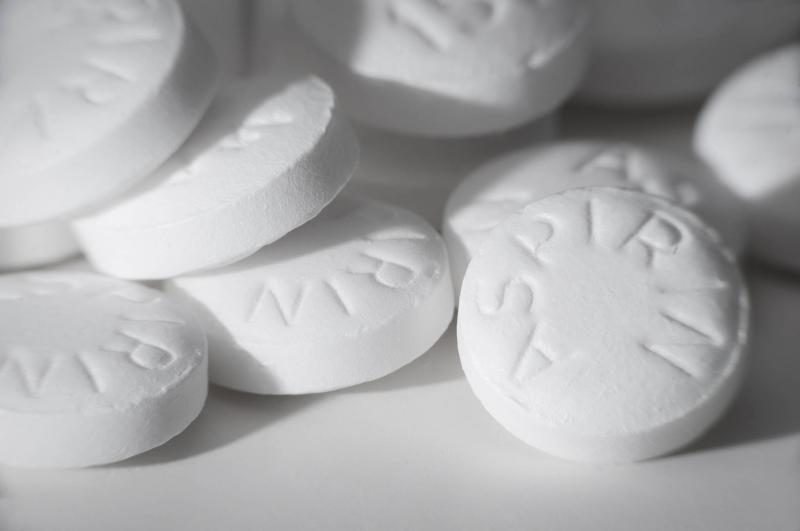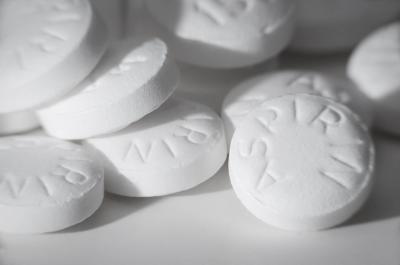An American panel of experts has recommended that individuals aged 60 and older, who are at risk of heart disease, should not start taking a low daily dose of aspirin for the prevention of their first heart attack, as the risks of internal bleeding outweigh its benefits. The U.S. Preventive Services Task Force stated that it intends to update its 2016 recommendations in light of new evidence indicating that the risk of life-threatening internal bleeding associated with regular aspirin use increases with age.
Colorectal Cancer
The panel, consisting of 16 independent disease prevention experts appointed by the U.S. Department of Health, also mentioned that there is insufficient evidence to conclude that low-dose aspirin reduces the incidence of colorectal cancer or related deaths. If the recommendation is approved, it will replace an earlier guideline from the same committee, which in 2016 indicated that a low daily dose of aspirin might also help protect against colorectal cancer in individuals who take it to prevent heart attacks and strokes. The new recommendation does not include those who have previously suffered a heart attack or stroke and take aspirin daily to prevent further cardiovascular complications.
Need for Medical Consultation
Aspirin, used for decades to relieve pain and fever and available over the counter, is an easy and inexpensive option to help those facing serious heart issues. Researchers evaluated the use of a low daily dose of aspirin for individuals without a history of heart disease but at high risk due to health issues such as high cholesterol and blood pressure. John Wong, a member of the expert panel, stated: "It’s important for those aged 40 to 59 who do not have a history of heart disease to consult a doctor to determine whether taking aspirin is appropriate for them." For the age group of 50 to 59, the Task Force had previously recommended that aspirin should only be used by those whose 10-year risk of having a heart attack or stroke is at least 10 percent or who do not face a higher than average risk of bleeding.




